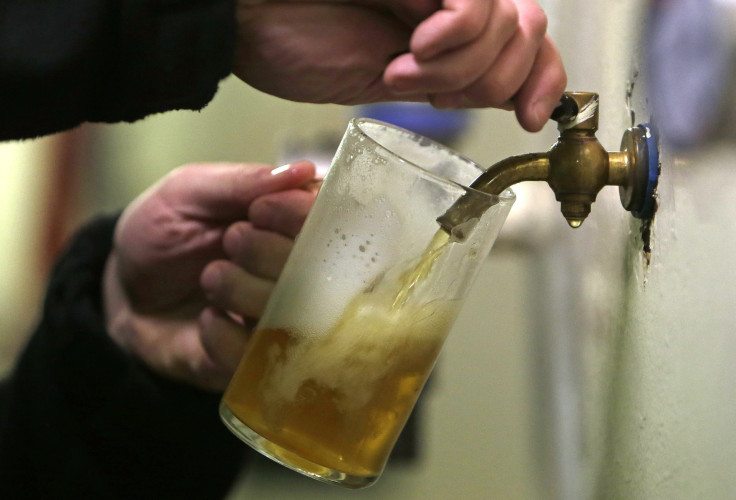New draft strategy to curb Aussies' alcohol consumption to increase drink prices

A new government proposal aims to see an increase in booze prices, with wine lovers and beer drinkers among the hardest hit. The federal government has released draft strategy recommending a “minimum floor price” for alcohol.
The draft seeks to significantly curb Aussie’s consumption of alcohol, with the document noting that Australia is casually referred to as having an “alcohol culture.” The pricing plan will prevent alcoholic drinks costs from dropping below-set prices, with those in the industry anticipating a base price of $1.50 for every standard drink, the Herald Sun reports.
Pricing proposal and new taxation scheme
It is expected that this would translate into jumps in the cost of popular drinks in Australia. These include a cask of wine skyrocketing from around $10 to $45. Beer lovers might see a slab rising from around $47 to over $50. Even a budget bottle of sparkling wine may soon cost $10, up from $7.
Aside from the proposed pricing, the strategy also recommends a new taxation scheme. Tax rates for each drink would depend on their alcohol content instead of which category they belong.
Currently, wine, beer and spirits have different tax rates. Wine drinkers are paying the lowest tax.
Restriction on advertising
Another recommendation is a significant restriction on alcohol ads. These include banning the promotion of low-priced or discounted alcohol such as “bulk-buys, two-for-one offers, shop-a-dockets and other promotions based on price.”
While the draft may not sound good to the pocket, there reportedly was “good evidence” that higher prices of alcohol could decrease consumption and alcohol-related harms. Cheaper prices of alcoholic drinks, on the other hand, increases both. Research suggests that younger people were “especially responsive to changes in alcohol price.”
The draft National Alcohol Strategy has been published online after consultation by the Ministerial Drug and Alcohol Forum, chaired by Health Minister Greg Hunt. The strategy is expected to be finalised by the forum by March 2018, then it would be up to state authorities if they would take any of its recommendations on board.
The document for the draft states that harms associated with alcohol are comparable or even greater than those for illicit drugs. It cites economic and service delivery impacts on policing health, justice and local government services. Alcohol consumption is also blamed for birth defects and neurodevelopmental abnormalities like Fetal Alcohol Spectrum Disorder (FASD) as well as reductions in productivity at work.






